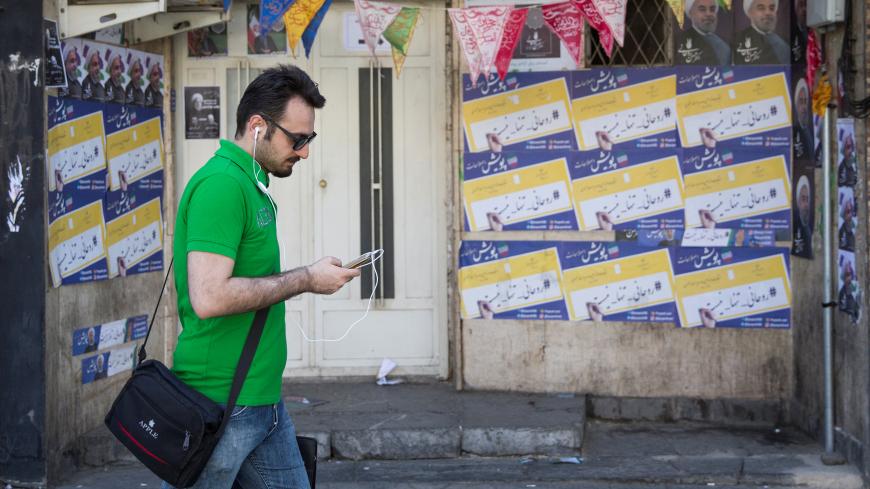
Holly Dagres is an Iranian-American analyst and commentator on Middle East affairs. Currently living in Egypt, she is the assistant editor at the Cairo Review of Global Affairs. On Twitter: @hdagres



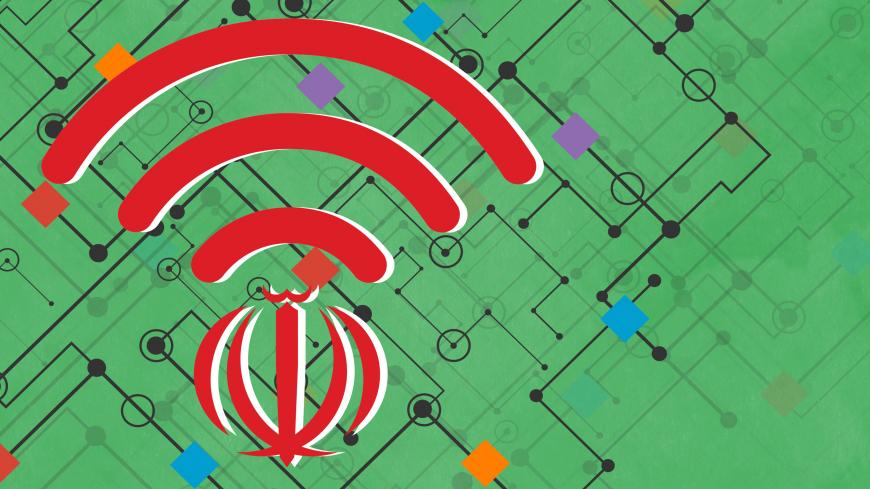

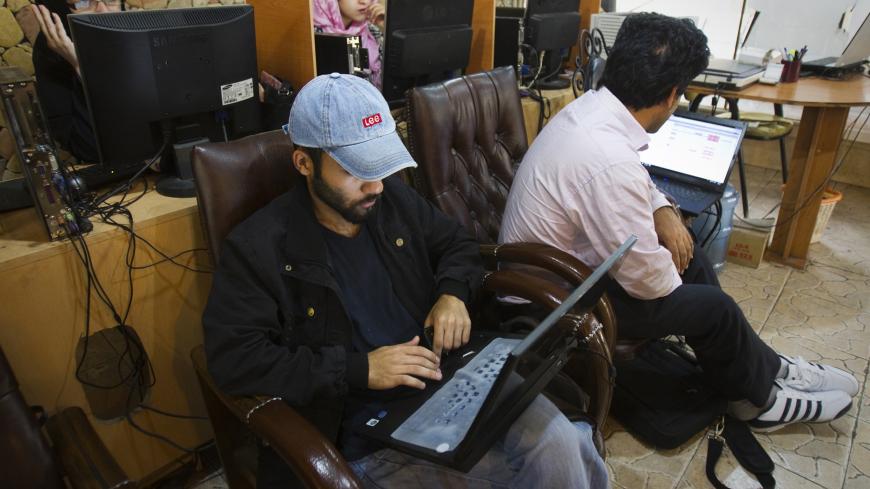
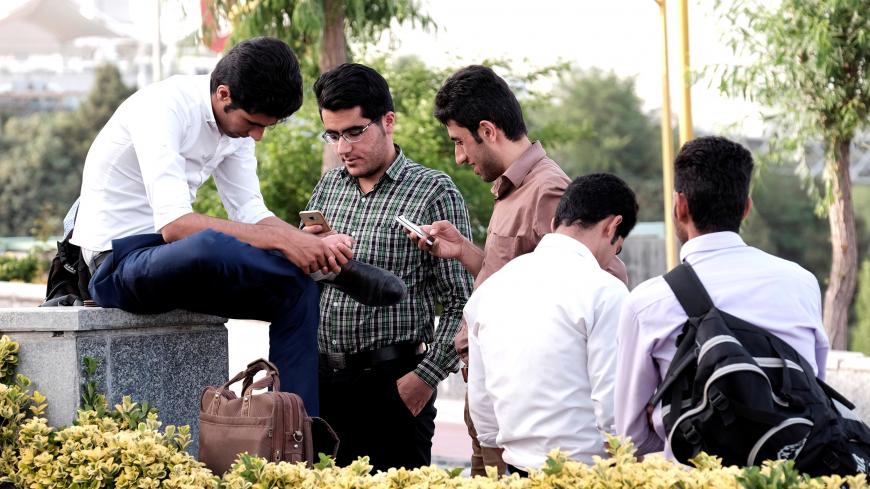



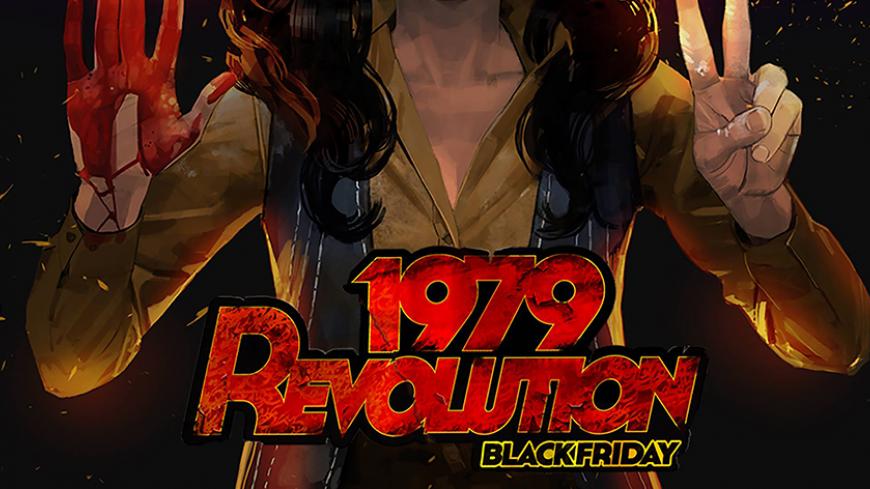
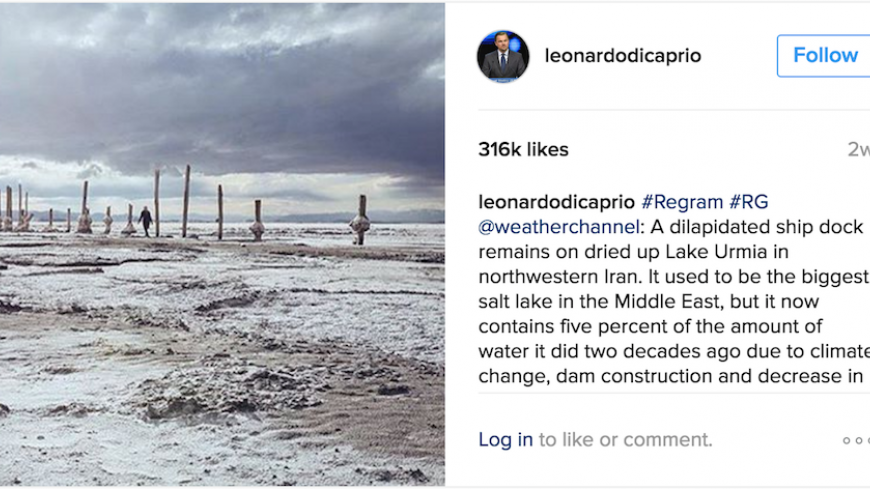
Holly Dagres is an Iranian-American analyst and commentator on Middle East affairs. Currently living in Egypt, she is the assistant editor at the Cairo Review of Global Affairs. On Twitter: @hdagres











